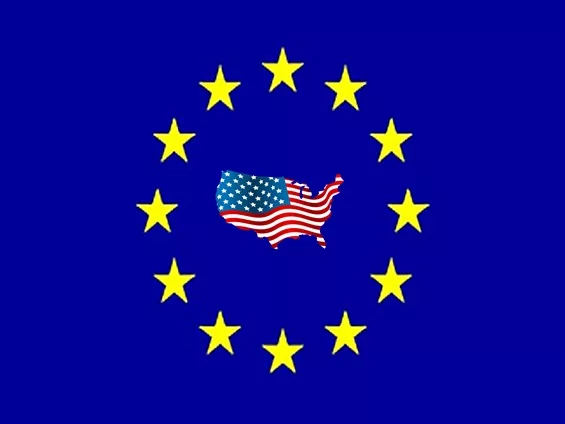In 1929, French Premier Aristide Briand made a significant and visionary proposal that called for the creation of a “United States of Europe.” This proposal was born out of the aftermath of World War I, which had left Europe in ruins and had seen unprecedented devastation and loss of life. The scars of the war were still fresh in the minds of European leaders, and there was a strong desire to prevent another such catastrophic conflict.
Aristide Briand was a prominent French statesman and diplomat who believed that the key to lasting peace and stability in Europe lay in the unification of the continent’s nations into a single political entity. His proposal for a United States of Europe was presented in a speech to the League of Nations on September 5, 1929. Briand argued that by pooling their sovereignty and resources, European nations could create a powerful and united bloc that would be better equipped to prevent future conflicts.
Key points of Briand’s proposal included:
Peace and Security: The primary motivation behind Briand’s proposal was the prevention of war. He believed that a united Europe would serve as a deterrent to aggression, as it would be more difficult for any single nation to challenge a united front.
Sovereignty Pooling: Briand suggested that European nations would need to cede some degree of their individual sovereignty to a supranational authority responsible for common foreign policy, defense, and economic coordination.
Economic Integration: Briand recognized the importance of economic cooperation in maintaining peace. He proposed the creation of a common European market to facilitate trade and economic growth.
Conflict Resolution: The proposal also included mechanisms for peaceful conflict resolution and arbitration to prevent disputes from escalating into armed conflicts.
At the time, the reaction to Briand’s proposal varied among European leaders and the general public. Some politicians and intellectuals embraced the idea of European unity as a means to prevent another devastating war. However, others were skeptical of the feasibility of such a project and worried about the potential loss of national sovereignty.
Briand’s proposal laid the groundwork for future European integration efforts, which would eventually lead to the formation of the European Union (EU) after World War II. While Briand’s vision of a United States of Europe was not realized in the form he initially proposed, the concept of European integration became increasingly important in the post-war period.
In conclusion, Aristide Briand’s 1929 proposal for a United States of Europe was a visionary attempt to promote peace and stability on a continent scarred by the horrors of World War I. While his specific vision did not come to fruition at the time, it laid the groundwork for future European integration efforts and contributed to the eventual establishment of the European Union. Politicians of that time believed that such unity could prevent future wars and bring about a lasting peace in Europe.











